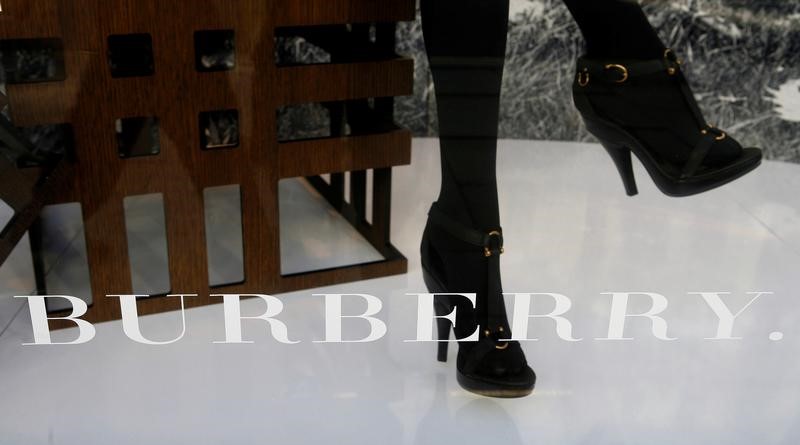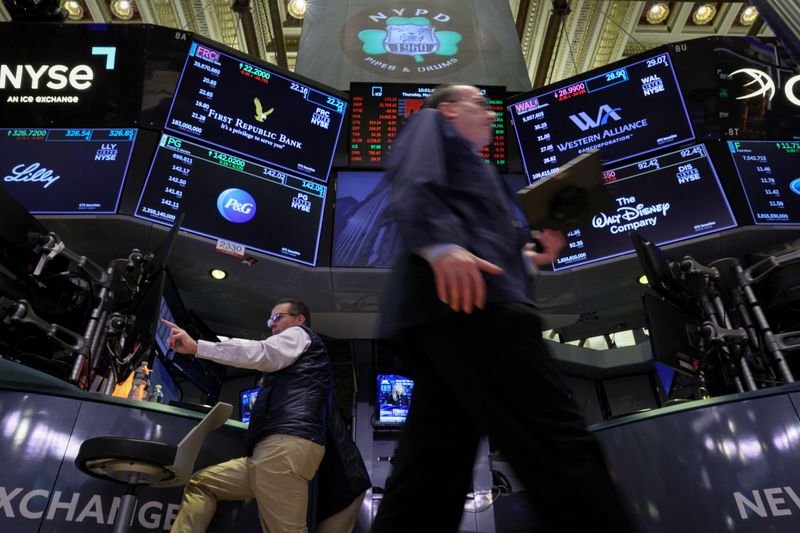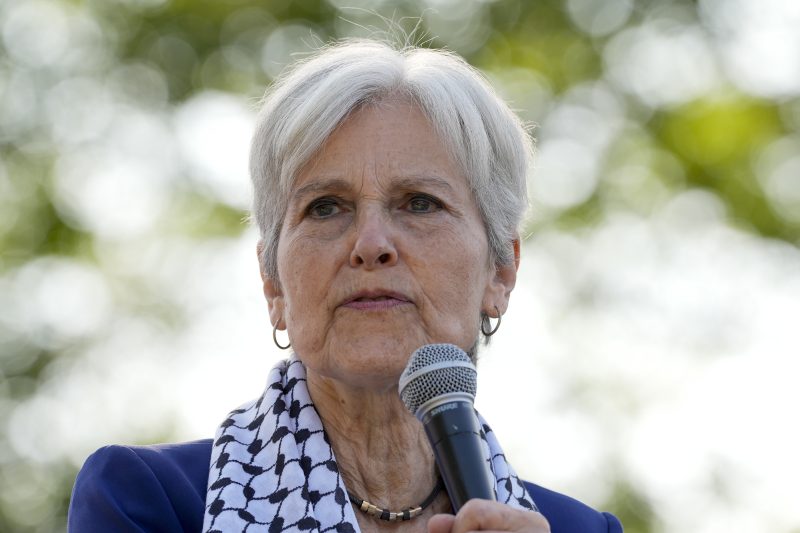Weak Chinese demand likely weighing on luxury sector in second half – Jefferies

Investing.com — Weak consumer demand in China, slower spending by travellers, and an uncertain US economic outlook have likely been key headwinds facing the luxury sector in the second half of the year, according to analysts at Jefferies.
In a note to clients on Friday, the analysts said they now estimate “no appreciable improvement” in sales for companies offering high-end goods during the final six months of 2024. Demand was “flattish” in the first half, they noted.
Meanwhile, they anticipate that industry sales will be 3% below recent consensus projections in 2025, citing expected softness in the Asia-Pacific region stemming from sluggish activity in China. The trend is seen offsetting a return to growth in the US and Europe next year.
The analysts subsequently slashed their price target for luxury giants like LVMH and Kering (EPA:PRTP). Burberry, the British brand known for its check-patterned items, and timepiece maker Swatch also had their ratings lowered to “Underperform” from “Hold” at Jefferies.
However, the analysts raised their price target for Ferrari (NYSE:RACE), saying they expect “superior earnings resilience” at the sportscar manufacturer.
The comments come after analysts at JPMorgan Chase (NYSE:JPM) scrapped their “Buy” rating of Chinese stocks earlier this month, flagging the risks of a second tariff war following the US presidential election in November and a sputtering growth in the world’s second largest economy.
A reported move by Tiffany, which is owned by LVMH, to shrink its flagship store in Shanghai also exacerbated worries over China, Reuters said, citing analysts. In August, LVMH-controlled Sephora also slashed its workforce in the China.
LVMH is known as a bellwether for the wider luxury sector. In July, it reported slower than anticipated demand in the second quarter, with sales in Asia excluding Japan — a segment which includes China — slumping by 14%. But the company said it expects to see “easier comps” in the second half, adding that it hopes this will result in “stronger growth.”




